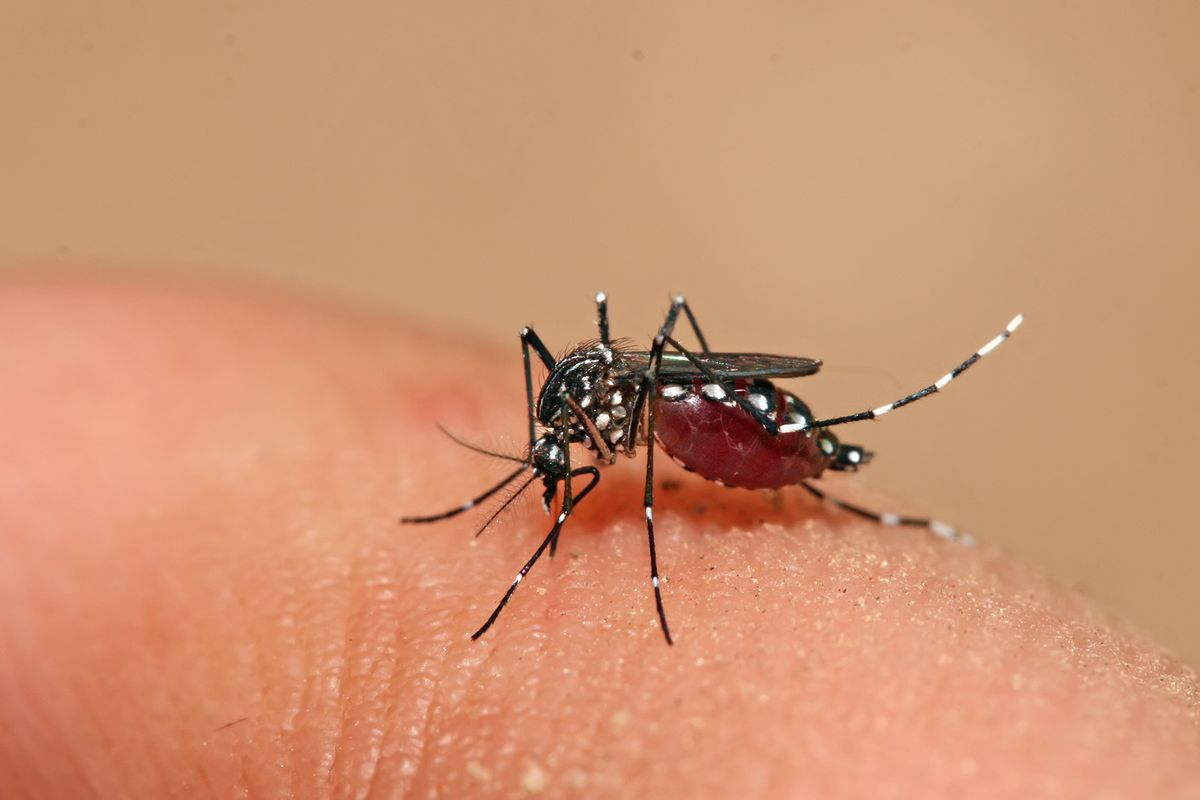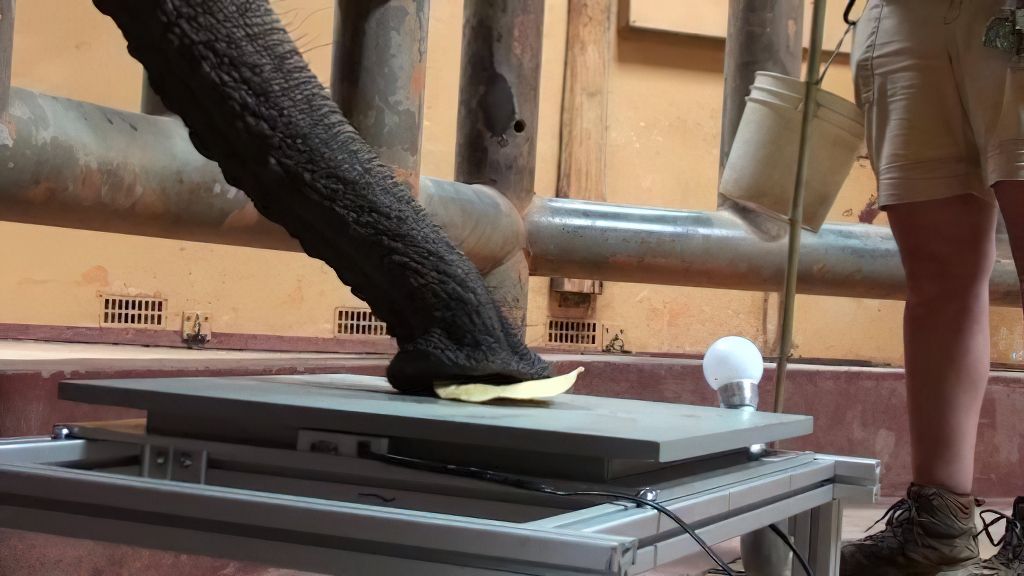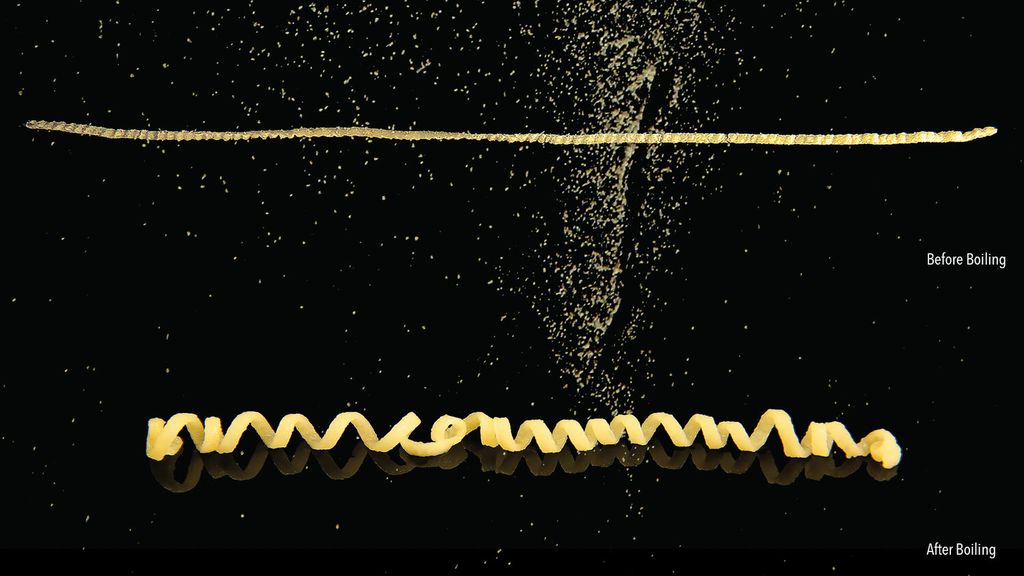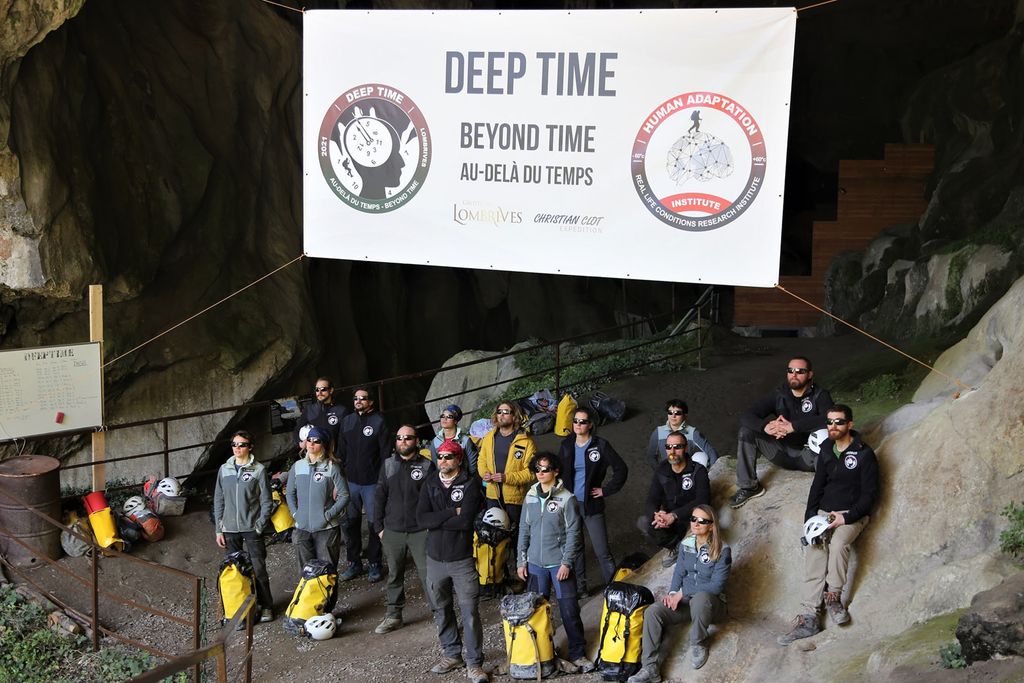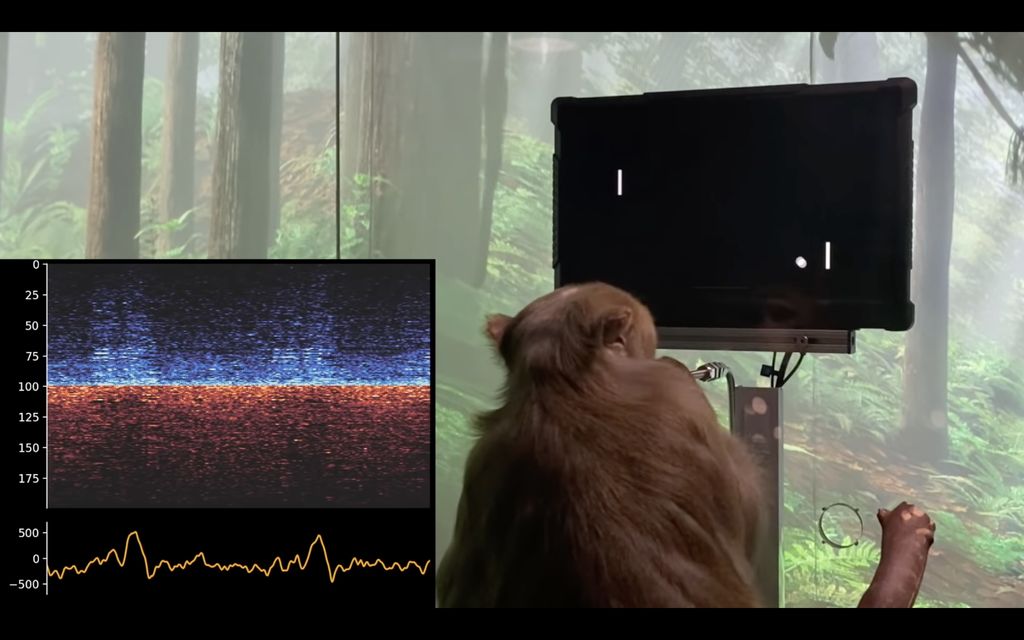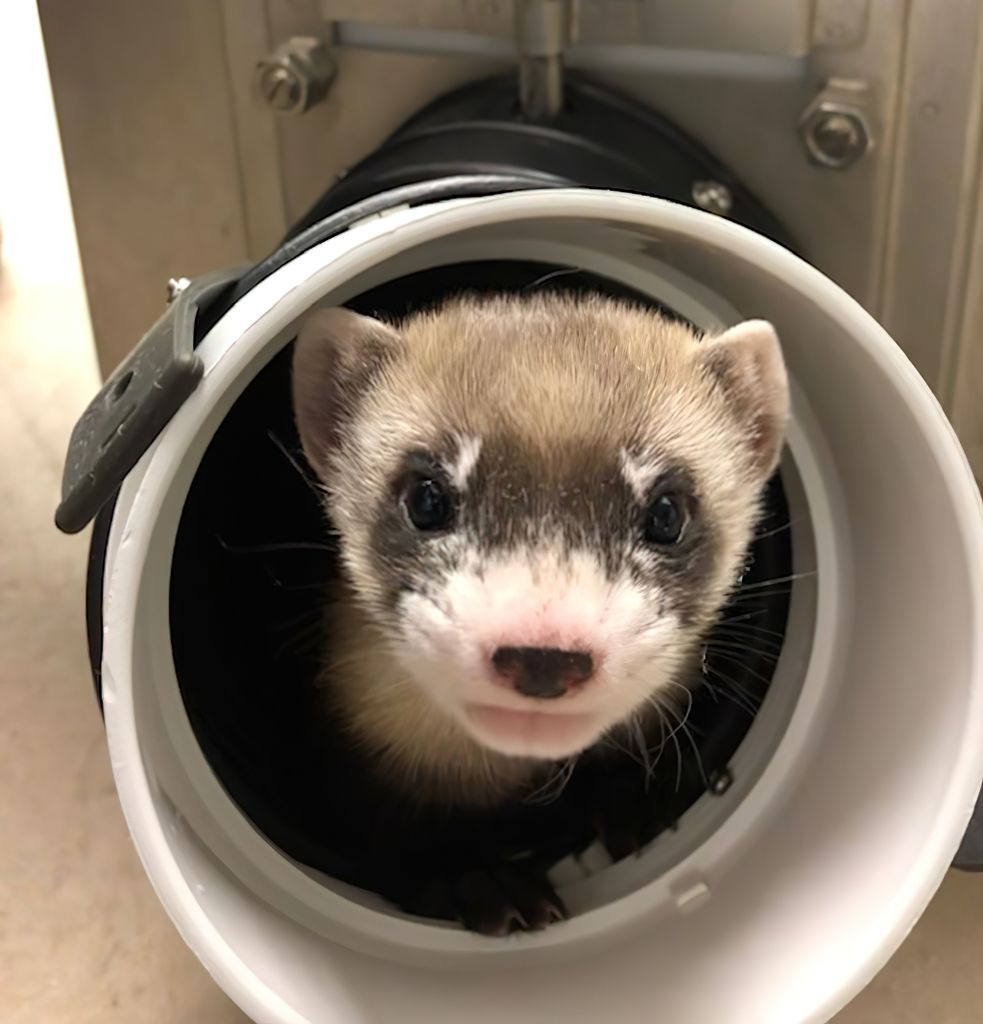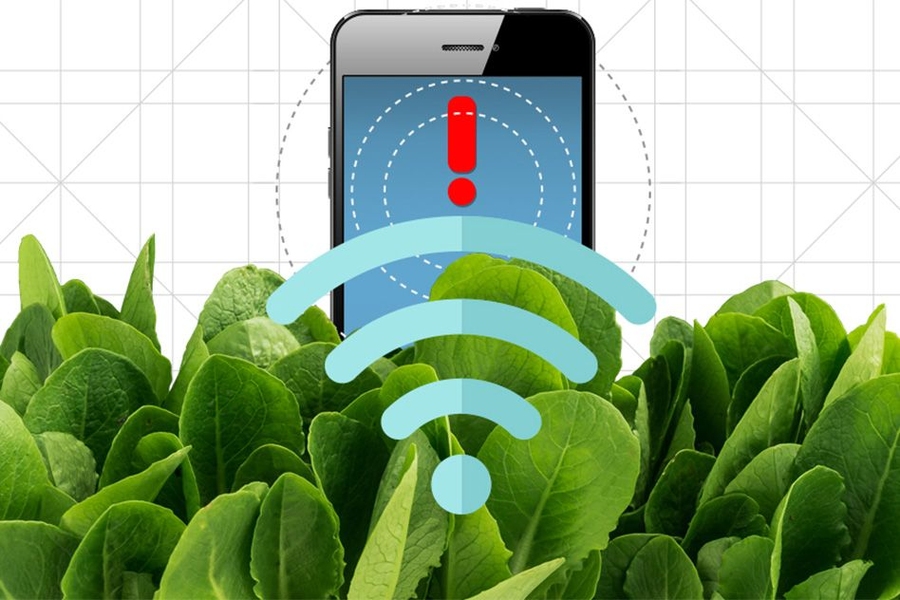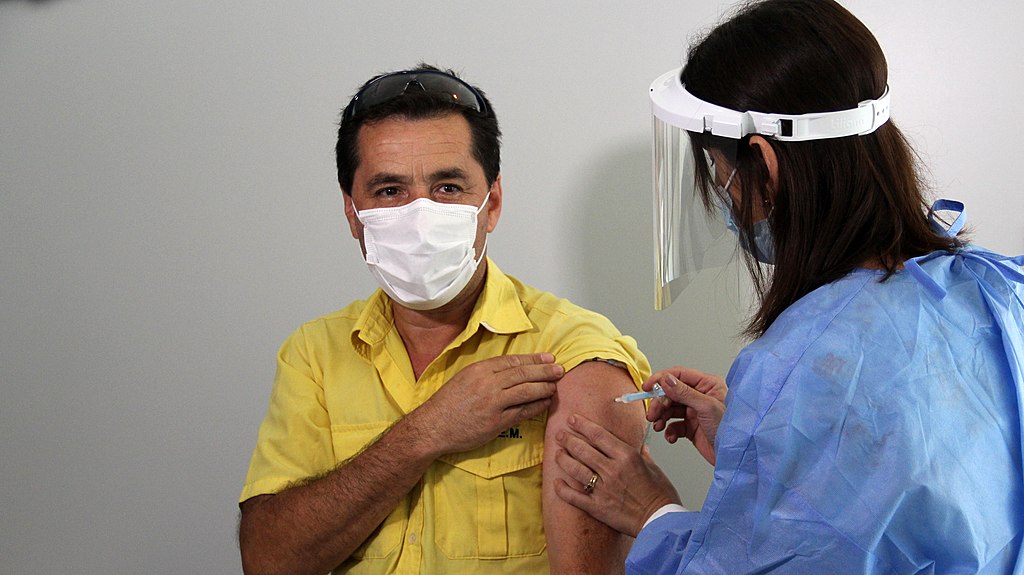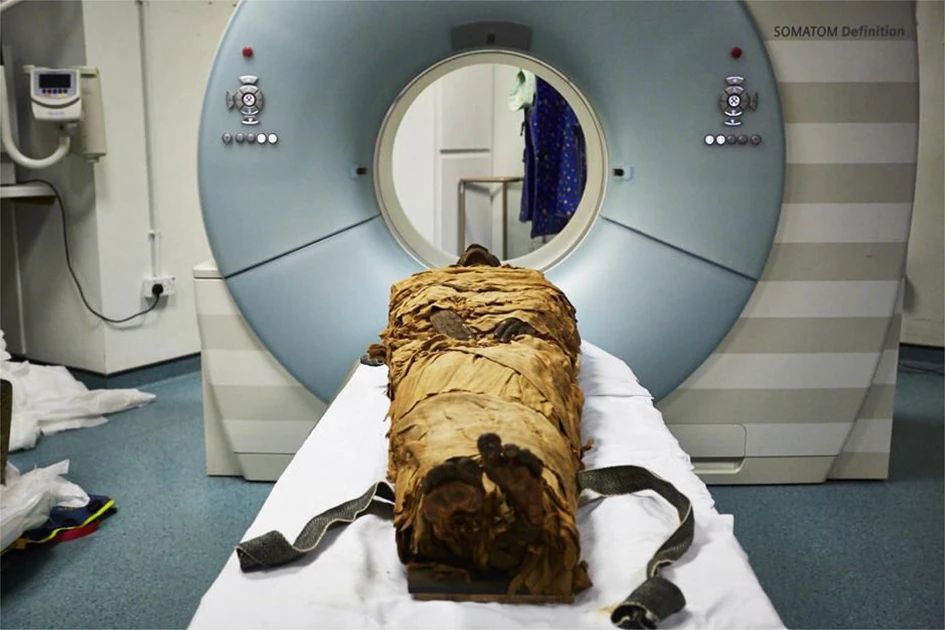Dengue is a very painful illness spread by mosquitoes. In severe cases, dengue can even cause death. Now scientists appear to have found a way to limit the spread of dengue, by infecting mosquitoes with a germ called Wolbachia.
Posts tagged as “scientists”
A group of scientists at Georgia Tech University recently studied the ways that elephants use sucking power when eating. Along the way, the scientists learned a number of other surprising things elephants can do with their trunks.
Today NFK looks at three recent stories about whales. Endangered Atlantic right whales are shrinking in size; an endangered Pacific gray whale makes a record-setting trip; and scientists use bomb detectors to find an unknown group of pygmy blue whales.
A team of scientists have developed an unusual way of making flat pasta that allows it to turn into fancy 3D shapes as it cooks. The team hopes that the new pasta will be easier on the environment.
Last Saturday, 15 people stepped out of a cave in France, blinking in the sunlight. As part of an experiment, they had spent the last 40 days underground with no sense of time other than their own sleep patterns.
A company called Neuralink has shared a video which appears to show a monkey playing a video game. That's fairly unusual, but what makes the video even stranger is that the monkey is playing the video game with just its mind.
Last Friday, a huge iceberg broke off from an area in Antarctica known as the Brunt Ice Shelf. Scientists had been expecting the iceberg to break loose for a while. It's not yet clear whether the iceberg will remain in the area or float away.
Scientists have created a healthy clone of a black-footed ferret by using DNA from a ferret that died over 30 years ago. They hope the cloned animal will improve the chances of survival for these endangered ferrets.
Scientists at MIT have managed to change ordinary spinach plants into natural sensors which can detect chemicals used in bombs. Using a cheap and small computer system, the spinach can even trigger a warning email.
It's been over a year since Covid-19 began spreading around the world. Since then, amazing progress has been made on getting the virus under control. But tackling the coronavirus quickly is still important, since the virus is also changing.
To recap 2020, NewsForKids.net is taking a look back at some of the most interesting stories we’ve covered this year. Today we’re looking at some incredible stories from the world of science.

